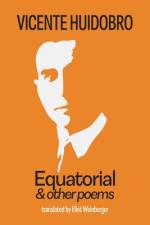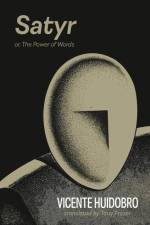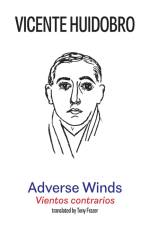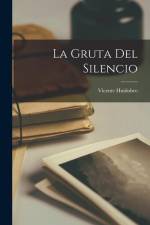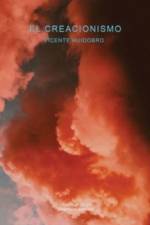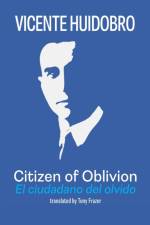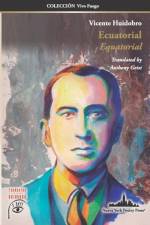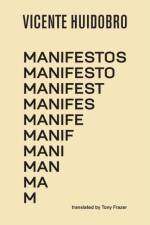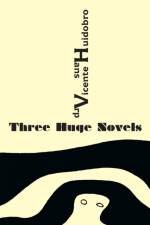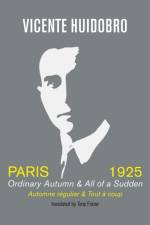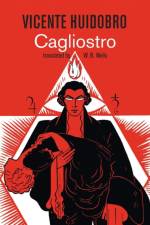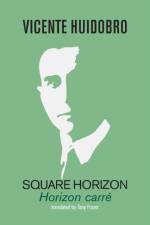av Vicente Huidobro
279
Satyr is Huidobro's last novel, published in Santiago in 1939, at a time when little of his work was in print in his native land. While that situation would be rectified two years later, with the release of two major poetry collections, this volume is his final work in prose, and one that has mostly escaped attention since. Closer examination of the text reveals however that it contains a number of the author's literary, social, political and philosophical preoccupations, with many themes from his poems, essays, and manifestos re-occurring in the book, the protagonist of which, Bernardo Saguen, may be regarded on one level as a failed artist. This would-be writer is one that goes to the bad, and whose mental collapse - he seems to be suffering from paranoid schizophrenia - and moral disintegration seem to parallel the kind of disintegration seen in some of the author's later poems. Written at a time when Huidobro was unsure of his literary position in Chile, the book is much concerned with the idea of poetic creation, while also worrying at the concept of reality, whether artistic creations are part of reality itself, and whether the artist himself is part of reality. As the novel proceeds, Saguen finds himself increasingly untethered from that reality as he has a nervous breakdown, only for his return to a measure of sanity and composure to coincide with horror, and then total mental collapse. The reader's sympathies lie with him at the outset, but we have only his word for the events that transpire; his unreliability as a narrator becomes ever more obvious, and clues begin to mount. Have we, as readers been deceived by a monstrous and amoral egoist, or have we really observed a total mental breakdown, as it was happening? Nothing is clear at the end, apart from the horror.

